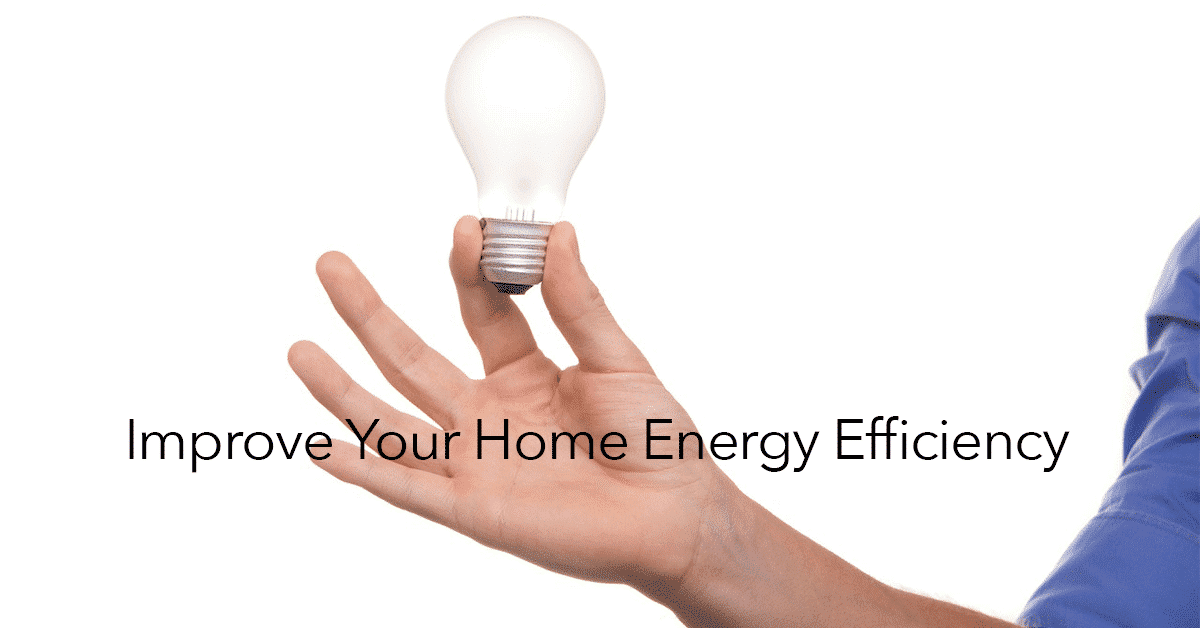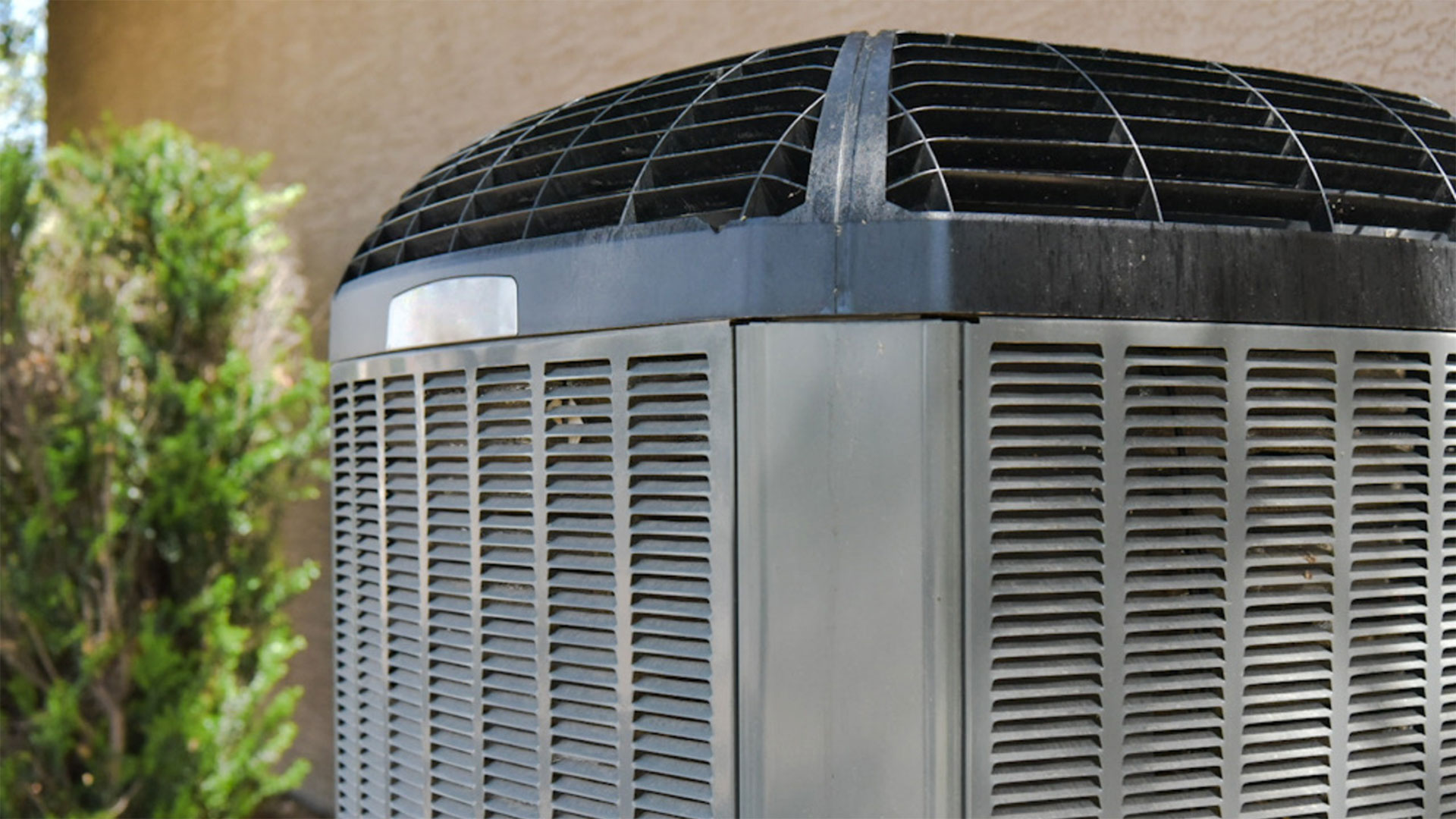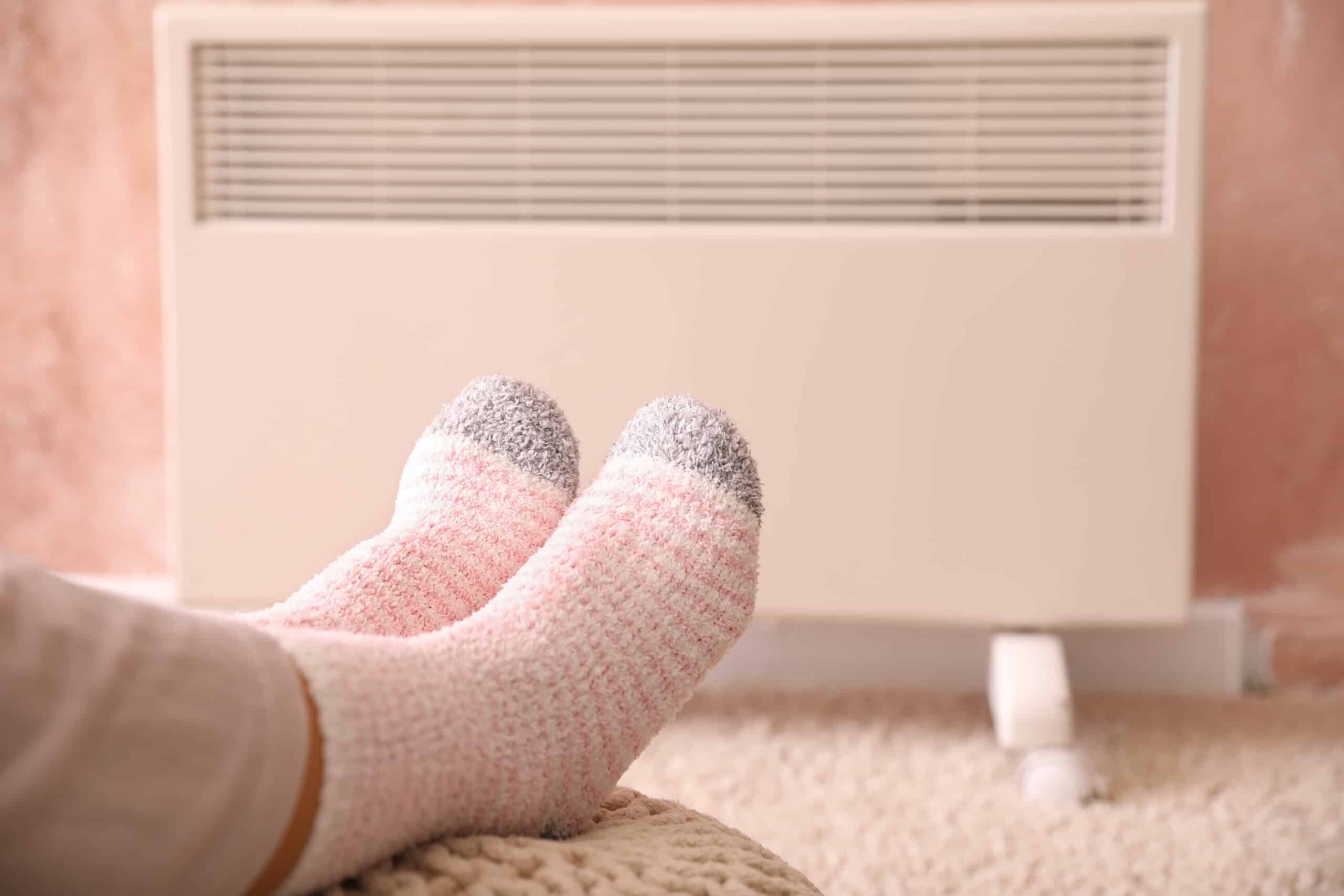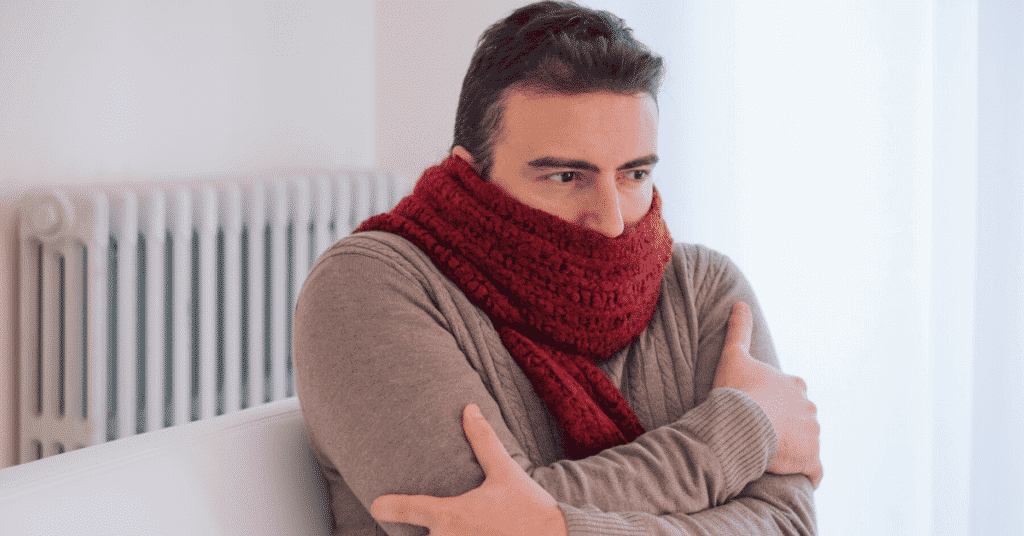
We all do it. You run out of the kitchen with your tapas to make the Game of Thrones intro on your smart TV, but you forgot to turn off the oven light. You made gourmet coffee in the morning, but it took longer than you thought because you couldn’t find your Wednesday thermos and end up leaving in a hurry, forgetting to turn off the air conditioner. None of us are perfect and while these seem like small mistakes, they are energy burners. These burning mistakes are not always the main culprits for high-energy use but they can all add up. There are ways to improve your home energy efficiency that not only lower your monthly costs but also improve your living style.
Think of your house as an ecosystem. There are interdependent collections of appliances and variables that depend on one another functioning with general rules like a small community. It’s surprisingly easy to de-stress your home-system by simply identifying some key areas that you can make adjustments to ultimately enhance the efficiency of your system. Most of these areas deal with air, light, and water. You don’t have to completely overhaul your home to save money, you just need to be conscious of the impact each has.
Heating and cooling systems within your home can eat up almost half of your energy bills. If the air-conditioning is running but you have air leaks in your home, on a hot day the A/C may run twice as hard as it needs to – making it an especially costly day. The first thing you should consider is how well your home is insulated. If your home has leaks in certain areas, it’s like driving around town with your windows down and the A/C on full blast. Sure you feel cool but only when you are right in front on the vent. Tightly sealing your home can make your heating and cooling more efficient and cost-effective, especially if you have them programmed to maintain a consistent temperature.

Hot air rises so most of the leaks in your home are probably in the attic. Other places that air can potentially leak out are around:
- Wall-mounted air-conditioners
- Fireplace dampers
- Window frames
- Electrical receptacles
- Weather-stripping around your doors
- Pipes and wiring
Start with the bigger areas when fixing leaks… this is usually in the attic. Look for the darkened parts of your insulation where interior air is being filtered before leaking through other holes in your home. You also may see some frost in the insulation caused by moist-warm air or even water-stains in these areas. You can use caulking or foam to seal up holes near these insulated areas and you can even seal up your attic access panel with better weather-stripping. Plugging the loose air will prevent your heating and cooling systems to overwork, but there are other ways to preserve air temperature as well:
- Get a ceiling fan for some rooms instead of using your air conditioner, since they are a lot cheaper to run.
- Turn your programmable thermostat down or off during times no one is home and/or at night.
- Lower/Raise the thermostat about 5 degrees (depending on the season) to save almost 10% on heating/cooling costs.
- Install QuietCool, a phenomenal whole house fan, to save 50-90% of your home cooling costs.
- Reseal your doors and windows (about a third of your home’s heat is usually lost this way).
- Check weatherstripping in both windows and door frames to prevent lost air.
- Seal the little cracks to support temperature control.

Water control is another variable that can be reduced in order to improve your home energy efficiency. Installing a tankless water heater can help cut down energy used for storage heaters by utilizing a gas burner to heat pipes as the cold water flows through. You won’t need to wait for a storage tank to fill up with hot water and it’s cost-efficient. Low-flow showerheads and toilets can help decrease the amount of total water constantly flowing in your home. Toilets and showerheads can be extremely large wasters but with the right low-flow, you can reduce the total amount you’re using on a daily. You can also consider turning down the temperature of your water heater to a setting that’s still bearable for you and the kids. Everyone likes their showers but you don’t have to do the polar plunge to save money.
If you’re blessed enough to have a washer and dryer you can change the way you’re used to doing laundry. Cleaning the lint trap every time before using the dryer can speed up the amount of time it takes for your clothes to dry. Air-drying does help so if you don’t mind letting your team jerseys blow in the wind – you can save a ton of energy and money by hanging your clothes on racks and lines. Try to avoid using high temperatures for your water settings in the washer because the heat of the water doesn’t really affect the cleanliness of your clothes and the lower the temperature, the less energy you’ll use.

Lastly, lighting can account for a good portion of your energy bill, luckily there are a few ways to support you with this cost. If you have incandescent lighting you should switch to fluorescent lamps (CFLs). CFL bulbs can help you save almost one-third of the electricity incandescent bulbs use, they last about 10 times longer and use 75% less energy. Also, CFLs do not contain any mercury and with the advances in lighting controls, you can reduce the amount of time you use these lights with timers and special in-house system settings – ask us how.
Daylight is also an option to illuminate your home naturally. It’s a creative way to not depend on electrical lighting. You can use light tubes that are highly reflective. These will channel sunlight into your living space through a diffuser to distribute light evenly throughout your home. You can use light shelves to bounce light if you have smaller windows or deep rooms with minimal lighting. If properly used, you could increase the amount of light up to four times. Skylights can be installed, but it’s important that they are double-pane for cost efficiency. One certain way to explore all options on how you can improve your home energy efficiency is to have an energy audit. There are special tools the right professional can use to evaluate your home so you can figure out the best methods to power your home-system and improve your lifestyle with comfort while lowering the impact on your wallet.
The Accurate team is professionally trained in all variables of a home ecosystem. We can help you brainstorm ways to cut your energy bills, live healthier, and improve the overall performance of your home. It’s doable and incredibly rewarding both for the environment and your bank account.




